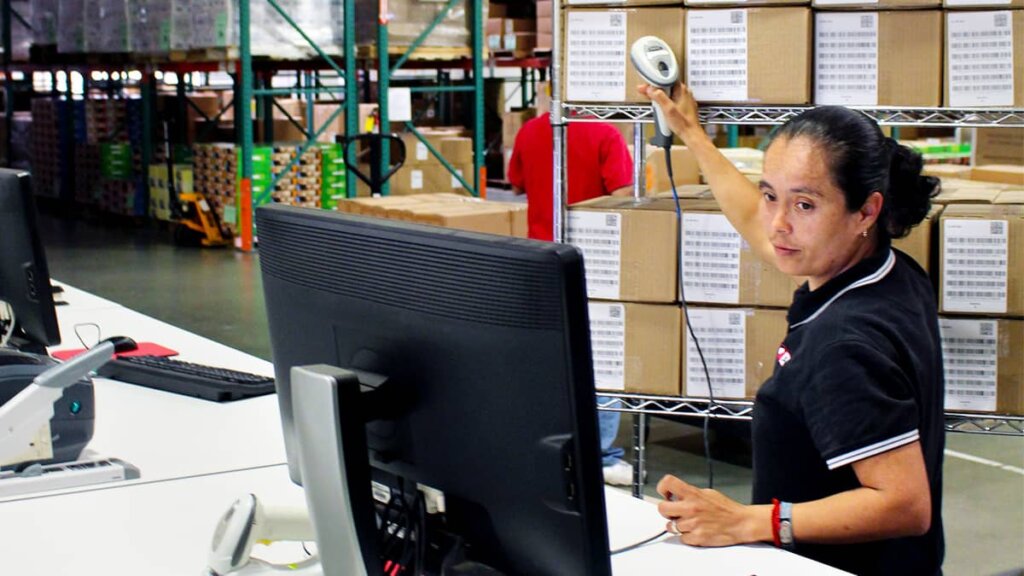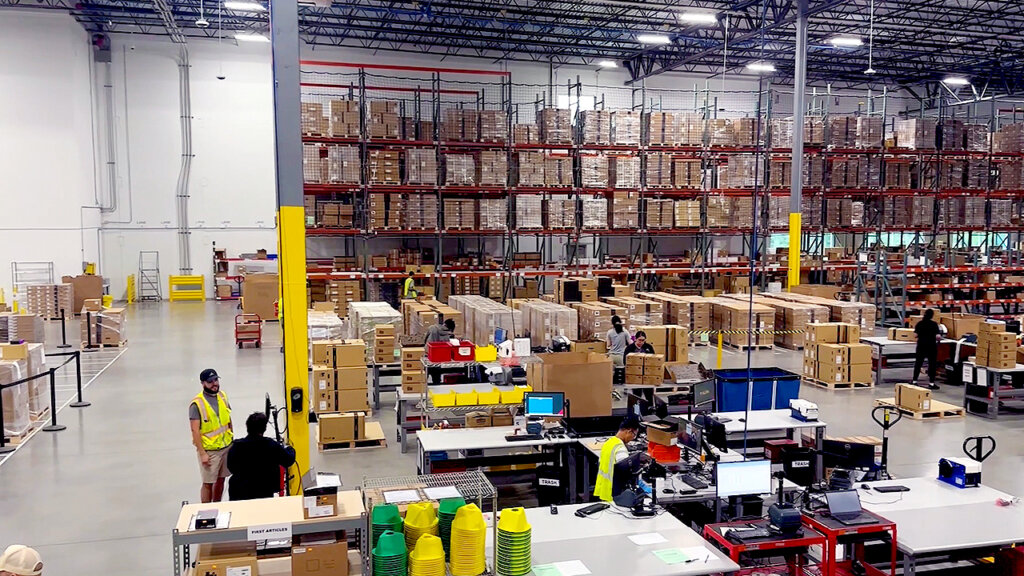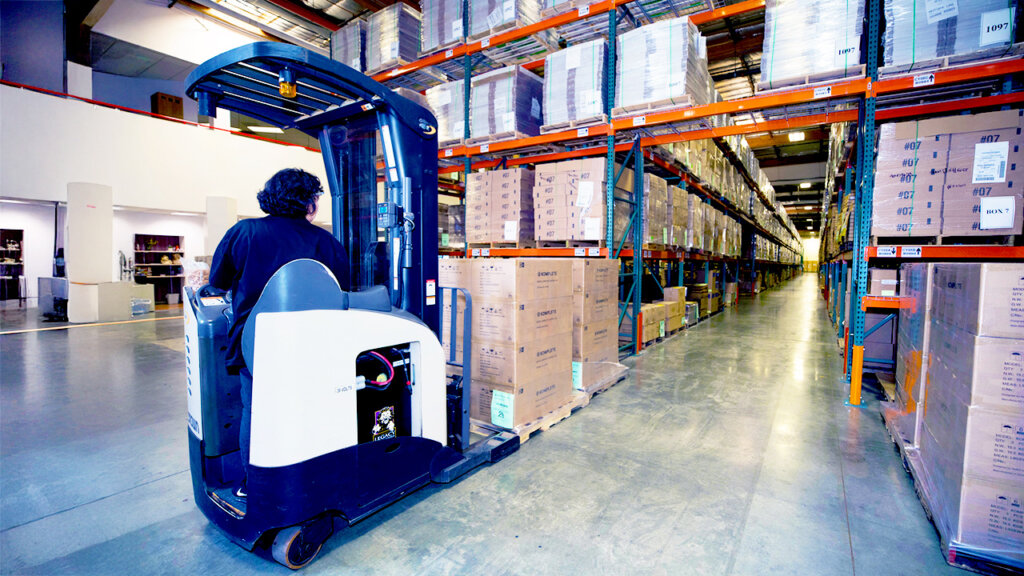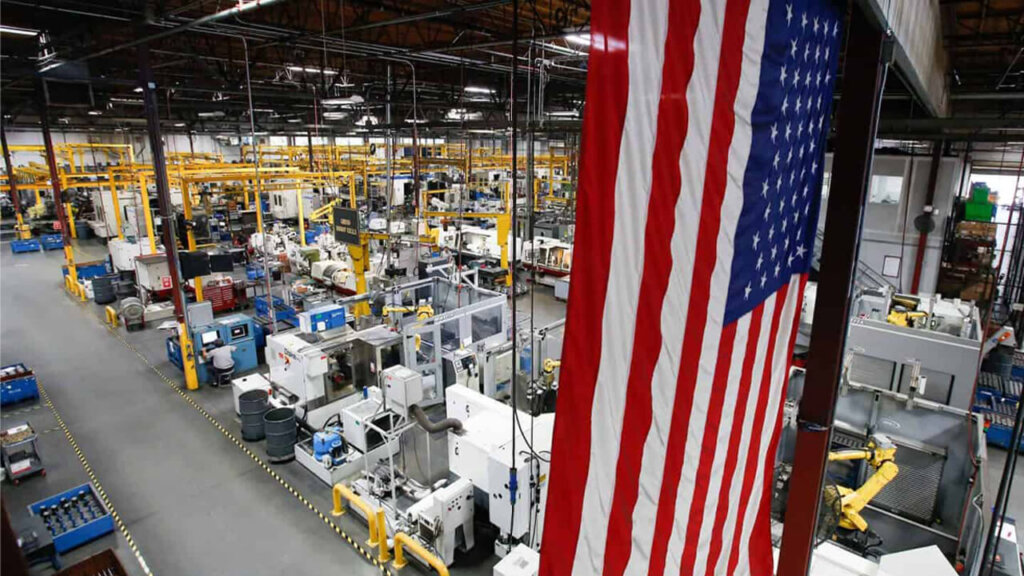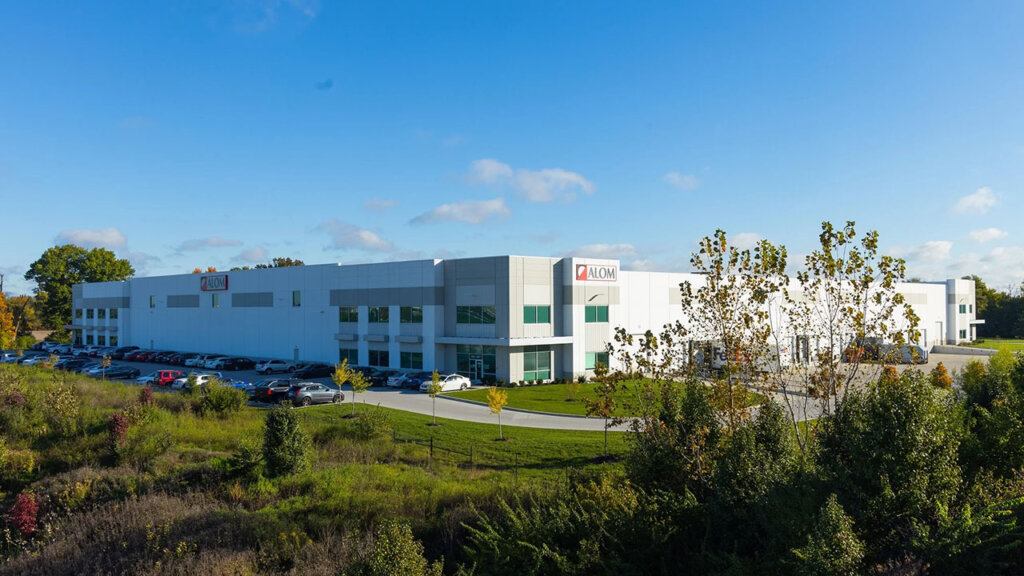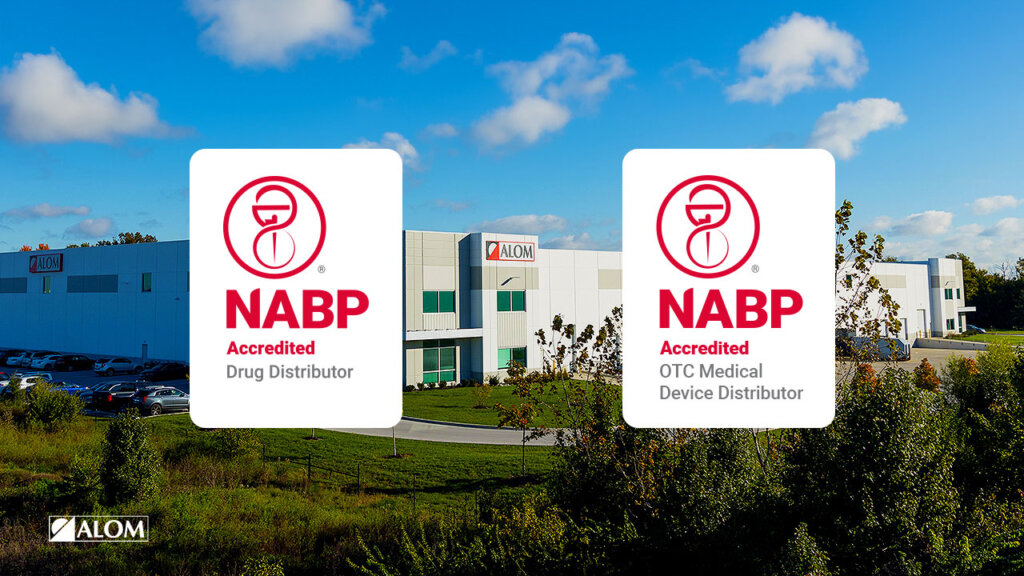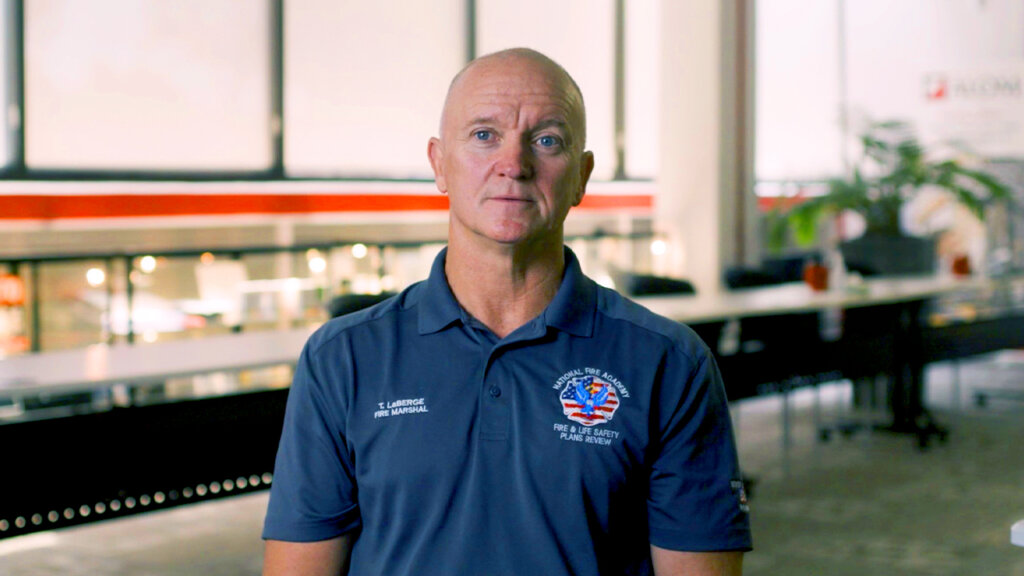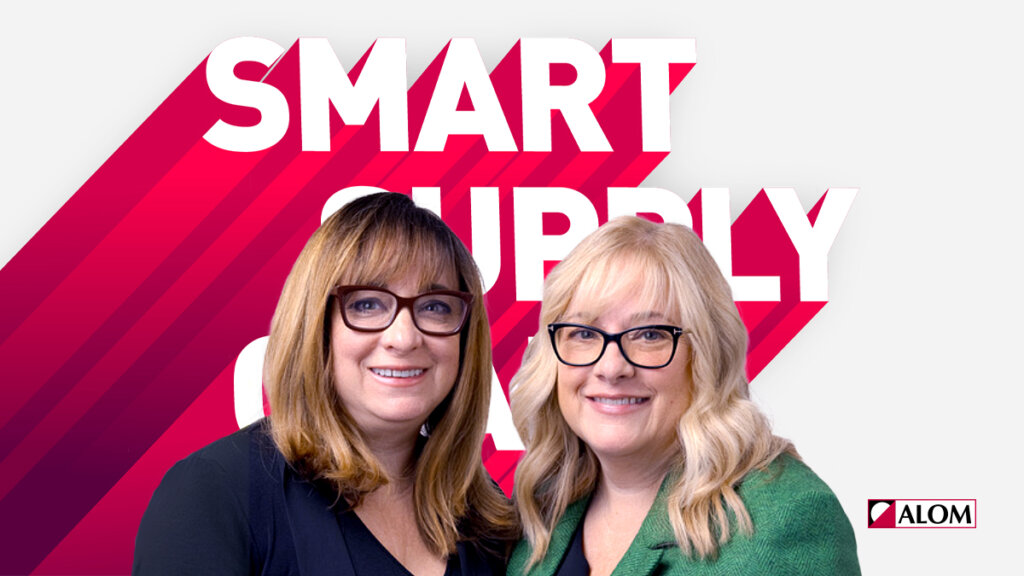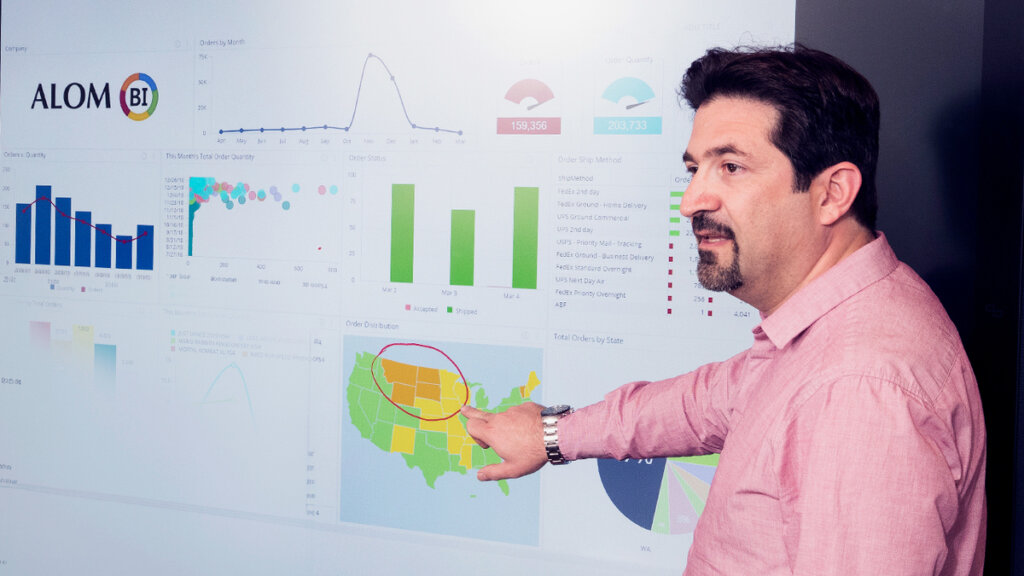I’ve been pondering this question ever since being honored with a lifetime achievement award as a supply chain professional earlier this year. It was humbling, especially since we are surrounded by so many talented supply chain stars.
I joined the profession before “supply chain” was a widely used term. In fact, when I started, I don’t think anyone really knew what supply chain meant. Well, the pandemic, and resulting supply chain issues certainly changed that. But it wasn’t just the perception of the industry that has changed over the decades. The industry itself has transformed at an incredible pace. I remember coming to Silicon Valley in 1994. It was then that I started contemplating how technology might fundamentally change supply chain. Since that time, there have been extreme changes and complexities added to the supply chain. In fact, we are simply lost without truly advanced technology, as we are reminded whenever there is any type of technology failure.
The changes and complexities will continue to accelerate; yet, I am a firm believer that technology will get better and better at solving the associated challenges.
This is why I constantly encourage young people to go into supply chain. The excitement of producing and shipping physical products, often with associated data, is just hard to beat. You can use supply chains to do great things for the planet and for people. The supply chain industry creates terrific jobs at all levels. You can be challenged in supply chain, solving all the complexities, designing and deploying technology, driving up quality, and more than anything, collaborating with interesting people across the globe.
It has been clear for some time that while many educational institutions now offer supply chain programs, the quantity of graduates falls far short of the industry’s needs. The industry and its leaders must step in and be part of educating the next generation of supply chain professionals. I have felt very engaged in this endeavor, both with my personal commitment to speaking and participating in educational activities, but more than anything by committing ALOM to be an educational zone and a nurturing environment for budding supply chain pros. Our former interns are now running global institutions. I take great pride in seeing ALOM alums starting to pay it forward to the next generation.
We are seeing supply chain professionals coming into boardrooms. But that is not enough. I am convinced that we need more supply chain professionals in politics. Supply chain professionals feel the pain of geopolitical upheaval and regulations in a very real way. When trade tariffs and import regulations fluctuate wildly from day to day, it has a real, negative impact.
Being in a profession means engagement in professional organizations. It also means giving back. But more than anything, for me, it means thinking about where the industry is going. As I see the new generation of talented professionals, I feel strongly about the future.
Being good or even great at anything means taking pride in what you are doing. From the assembler to the janitor, to the CEO and the boardroom, engagement and pride make the difference. So, in the spirit of gratitude, I am sending a warm thank you to everyone who is contributing to the pride in the supply chain profession. We certainly make a difference.
- Posted in: Supply Chain
